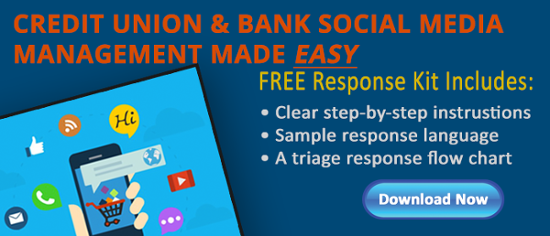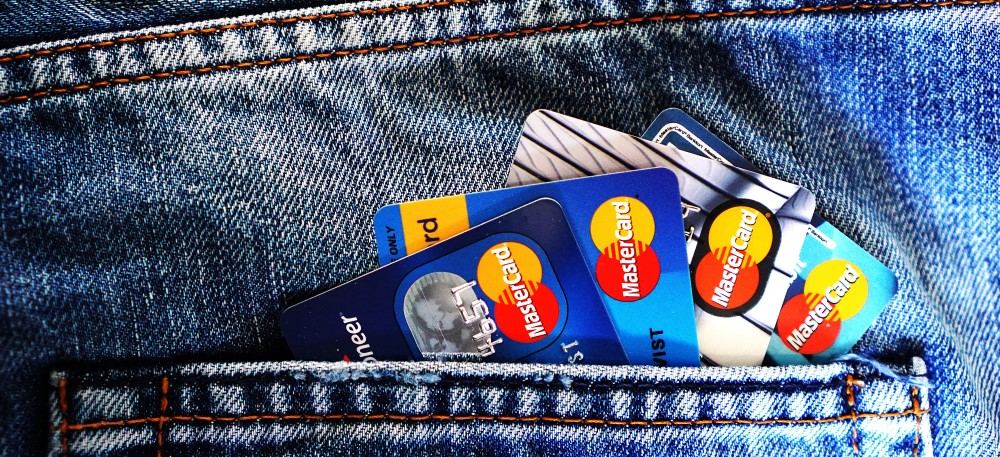Debit Card Fraud Rising - Is Your Credit Union Ready?


Don't Miss An Episode, Subscribe Now
Debit Card Fraud Is on the Rise
A growing number of debit cards are being compromised at ATMs and at merchants these days, analytics and data science expert FICO reports.
In fact, the number of cards compromised at U.S. ATMs and merchants rose 39 percent in the first six months of 2017, compared to the same period in 2016.
FICO has also tracked a 21 percent increase in compromises of ATMs and point-of-sale (POS) devices in the US in the first six months of 2017, compared to the same period in 2016.The number of compromises is on target to set a new high for the FICO Card Alert Service, which monitors hundreds of thousands of ATMs and other readers in the U.S.
"The rate of fraud pattern changes has accelerated in the last 24 months, requiring us to continuously adapt our predictive analytics to stay on top of this criminal behavior," said TJ Horan, vice president, who oversees FICO's fraud solutions. "We have introduced new AI technology into our FICO Falcon Fraud Manager platform, which protects most of the payment cards in the U.S."
FICO offers these tips for consumers:
- If an ATM looks odd, or your card doesn't enter the machine smoothly, consider going somewhere else for your cash.
- Never approach an ATM if anyone is lingering nearby. Never engage in conversations with others around an ATM. Remain in your automobile until other ATM users have left the ATM.
- If your plastic card is captured inside of an ATM, call your card issuer immediately to report it. Sometimes you may think that your card was captured by the ATM when in reality it was later retrieved by a criminal who staged its capture. Either way, you will need to arrange for a replacement card as soon as possible.
- Ask your card issuer for a new card number if you suspect that your payment card may have been compromised at a merchant, restaurant or ATM. It's important to change both your card number and your PIN whenever you experience a potential theft of your personal information.
- Check your card transactions frequently, using online banking and your monthly statement.
- Ask your card provider if they offer account alert technology that will deliver SMS text communications or emails to you in the event that fraudulent activity is suspected on your payment card.
- Update your address and cell phone information for every card you have, so that you can be reached if there is ever a critical situation that requires your immediate attention.
FICO previously reported a 30 percent increase in compromised devices for 2016, compared to 2015, and a 70 percent rise in compromised cards for that period. These figures cover only card fraud occurring at physical devices, not online card fraud.
Find out more at www.fico.com.
Related Post: Why Using Scanning Tools for ADA compliance Isn't a Great Idea





Blog comments